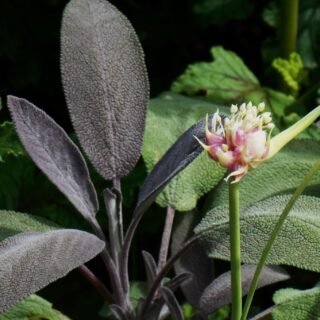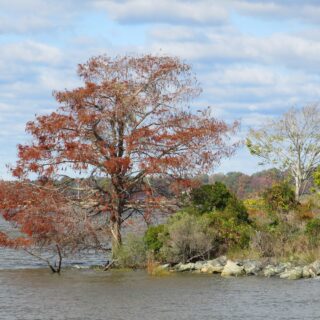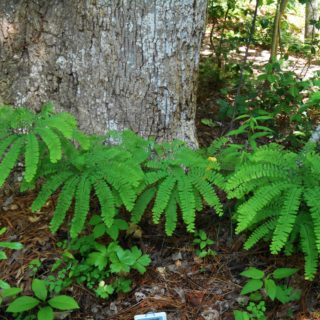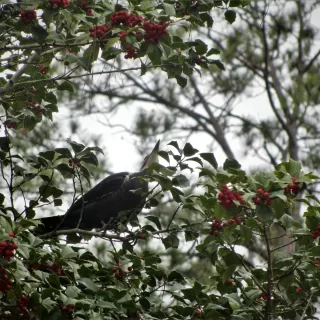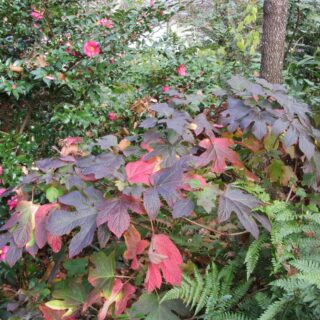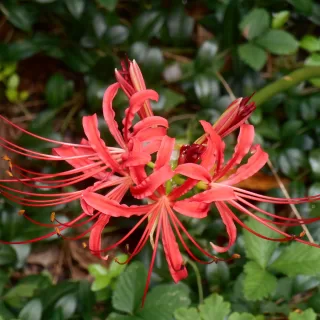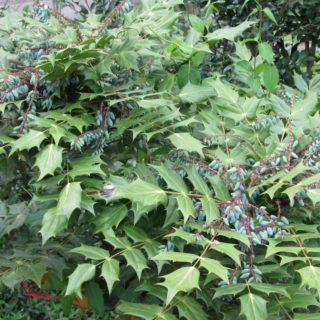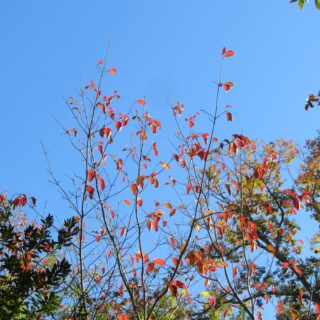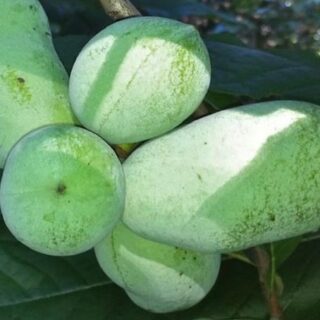Herbs Every Master Gardener Should Know
Evergreen Herbs Lavandula spp. and hybrids, Lavender L. angustifolia (L. officinalis), English Lavender L. stoechas, Spanish lavender L. x intermedia ‘Phenomenal’, Hybrid ‘Phenomenal’ Lavender Mentha spicata, Spearmint Mentha x piperita, Peppermint Petroselinum crispum, Parsley (Biennial) Salvia officinalis, Culinary Sage Salvia rosmarinus , Rosemary Thymus spp., Thyme Teucrium chamaedrys, Germander Landscaping with Herbs in Williamsburg: Part I Evergreen Herbs Deciduous Herbs Aloysia citriodora, Lemon Verbena Ocimum basilicum, Basil Melissa officinalis, Lemon Balm Monarda ssp., Beebalm, Oswego Tea Origanum...

